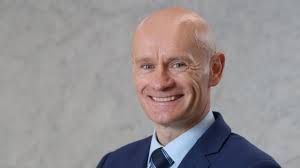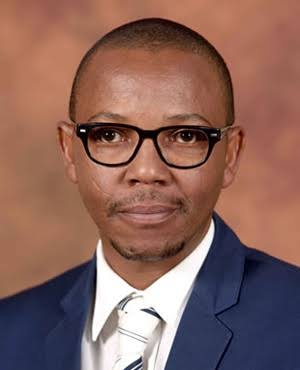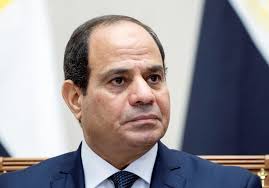South African Business Leaders Worried About Xenophobic Attacks
The full impact of the ongoing xenophobic attacks on foreigners in South Africa has been described as an ill wind that will have negative effects on the ailing South African economy. This was the submission two key leading business groups in the country. Business Unity South Africa (BuSA) and Business Leaders South Africa (BLSA) openly condemned the attacks saying that it will have far reaching impacts on the country’s economy calling on the government to take more decisive actions against the perpetrators and also prevent a recurrence of such incident.

With the World Economic Forum in Cape Town coming up, several African leaders have started cancelling their participation in protest to the killings and attacks. This development, analysts say will definitely hurt the country’s image, and also businesses.
The xenophobic attacks which led to the death of five people in Johannesburg and Pretoria have led to the arrest of 189 people so far. The South African President has come under severe criticisms for his failure to speak out against the attacks early enough. To forestall future attacks, the South African authorities have deployed more policemen to hot spots after two more deaths were reported in Coronationville on Tuesday afternoon. This is even as the South African Police have come under severe criticisms for their handling of the crisis because many allege the Police treated the arsonists with kid’s gloves.
The Police Spokesperson, Col. Lungelo dlamini was quoted as saying that the Police have increased deployments to cover all the areas identified as hot spots. Violence has seen several shops being looted‚ burned and property being looted, noting that the situation had been stabilised in parts of Tshwane‚ Ekurhuleni‚ Johannesburg Central‚ Jeppestown and Cleveland. But violent clashes continued in Coronationville.
The South African Police Minister Bheki Cele said that criminals latched on on the crisis to perpetrate their criminal acts. “We can’t rule out pure criminality, of criminals using a sensitive situation where there are real grievances on issues of unemployment and foreign nationals,” he added, but he has ruled out sending in the army, as the government did in Cape Town in July to quell gang-related killings.
Police said they used rubber bullets to disperse a crowd that planned to loot businesses in Thokoza and Kempton Park earlier on Tuesday. Dlamini said criminals gangs were taking advantage of the chaotic situation and breaking into businesses. He said attacks were indiscriminate and not only foreign-owned businesses were being targeted.
The process of identify leaders of the violent groups was under way. “Arrests will be made once full evidence against them has been gathered‚” said Dlamini. Gauteng police commissioner Lt-Gen Elias Mawela thanked members of the public who provided information during the protests. No unlawful activities will be tolerated, he said.
Kelechi Deca

Kelechi Deca has over two decades of media experience, he has traveled to over 77 countries reporting on multilateral development institutions, international business, trade, travels, culture, and diplomacy. He is also a petrol head with in-depth knowledge of automobiles and the auto industry.























